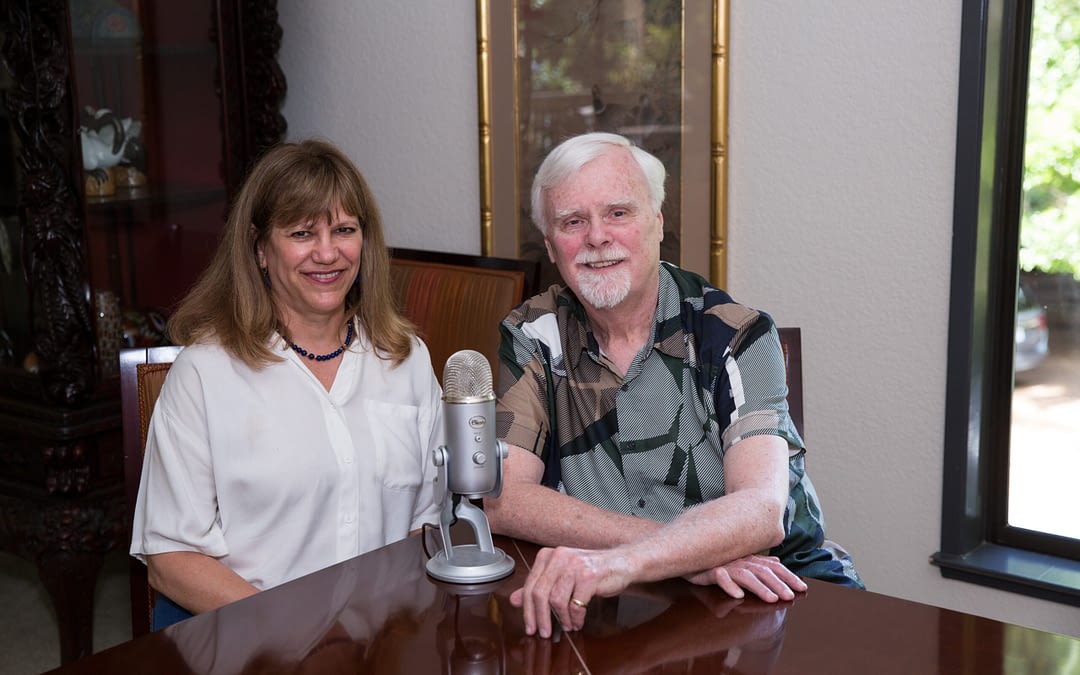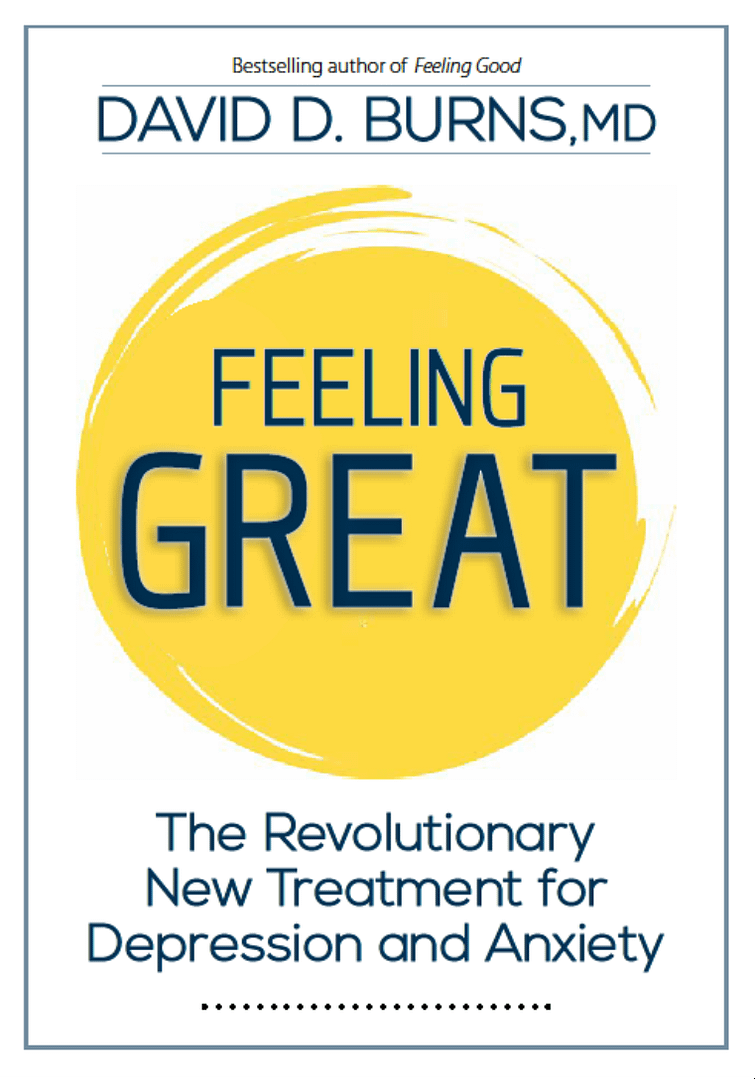We have not had the chance to do a really good podcast on the Five Secrets of Effective Communication recently, so Rhonda and I jumped at the chance to do a podcast with a local executive we will call “Valentina” who is facing a severe challenge. How can she respond effectively to a ton of her colleagues who responded critically and angrily to one her first emails since being place in a top leadership role at work?
They said that her email was harsh and accusatory, and sounded adversarial and provocative, and didn’t give a feeling of partnership or appreciation for all the hard work they were doing.
Yikes! That’s pretty tough.
And yet, my philosophy—in therapy, in family conflicts, and in work settings as well—is that your worst failure can often be your greatest opportunity in disguise.
Is this true? Or just pie in the sky?
Rhonda and I do a lot of role-playing and role reversals to (hopefully) show Valentina how to transform a humiliating professional failure into an enormous success. We’ll let you know how it works after we get some feedback from Valentina.
We are both deeply indebted to Valentina for her courage in allowing us to talk about a problem that most of us encounter from time to time. I often receive harsh criticism, so I know how anxiety provoking it can be, especially when the criticisms come from authority figures!
Valentina was wonderful to work with, and said she felt happiness and a sense of peace at the end of the podcast. It was great to see that!
Let us know what you think about today’s podcast, and your own philosophy of how to respond to criticism skillfully and effectively. We alluded to, but did not delve deeply, into the opposite philosophy of arguing, defending yourself, and never apologizing.
We’ve seen a lot of that in the past year on the evening news every day. Did the approach we modeled on today’s show seem inspiring and awesome? Or foolish and self-defeating?
Thanks for listening! We hope you enjoyed today’s podcast and maybe learned something useful.
For more information on the Five Secrets of Effective Communication, you can check out my book, Feeling Good Together, available in paperback on Amazon.
Warmly,
David and Rhonda
You can reach Dr. Burns at david@feelinggood.com. Dr. Rhonda Barovsky practices in Walnut Creek, California, and can be reached at rbarovsky@aol.com. She is a Level 4 Certified TEAM-CBT therapist and trainer and specializes in the treatment of trauma, anxiety, depression, and relationship problems. She also does forensic work in family court, but finds TEAM-CBT to be way more rewarding!
If you like our jingle music and would like to support the composer Brett Van Donsel, you may download it here.
This is the cover of my new book, Feeling Great. You can order it now on Amazon!



